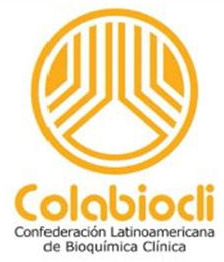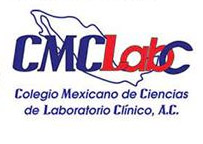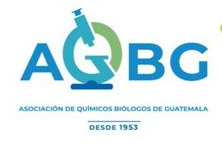Doctor Graham Beastall (BSc, PhD, CSci, EurClinChem, FRCPath, FRCP, CBE), currently serves as professional adviser on laboratory medicine for the Department of Health in the UK. Immediately prior to becoming IFCC President he was the Clinical Lead for the multi-site network Department of Clinical Biochemistry in North Glasgow, Scotland, United Kingdom (UK).
He received his BSc and PhD degrees from the University of Liverpool in the late 1960s. After postdoctoral study he moved to Glasgow in 1972 as a University lecturer and became an employee in the National Health Service (NHS) as the rapid expansion of clinical chemistry practice required experienced leaders. He has specialized in biochemical endocrinology and in 1979 he formed and led the Scottish specialist endocrine laboratory based at Glasgow Royal Infirmary
Prof. Graham Beastall presents the IFCC Working Group on Personal Support: WG PS
Audio Player





































